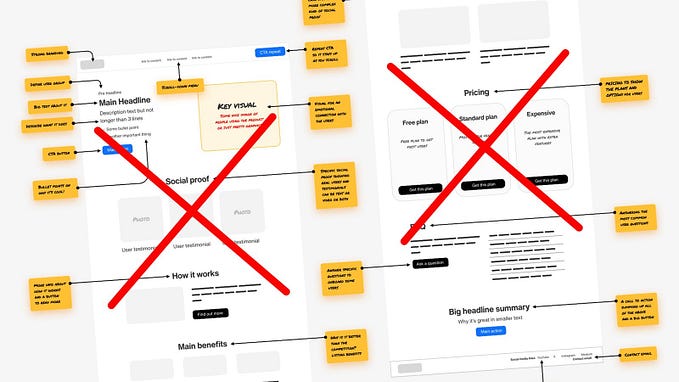Member-only story
No, not “everyone is a designer”
Everyone can participate in design, but professional designers show their value as expert facilitators who drive the design process.

If we take design in its most basic form to mean “decide on the look and functioning of something with a specific purpose or objective in mind”, then everyone is a designer. We all manipulate our environments to serve our needs. We design our meals, our wardrobes, and how we want to be perceived. We design our schedules and our routes to work; our lives and careers. Everything we deliberately plan or arrange can be said to have been designed. Everyone is a designer in that sense.
But everyone is a designer has become a misused platitude in the UX/UI design world to mean that everyone can be a digital product designer. If designers finally have a seat at the business table, they have to accept that everyone else at the table now has a seat in their design process.
To some extent, that’s true. Involving more stakeholders from a wide range of backgrounds can be highly beneficial to the design process, especially in the earlier design stages of divergent thinking.
But not all of those involved are design professionals. Participation in the process doesn’t qualify you as an expert, just as preparing your lunch doesn’t make you a professional chef, or changing a tire doesn’t make you a mechanic. Experts have developed years of experience to call upon when making decisions, and we trust them to make decisions or perform actions we don’t have the skills to do ourselves. So everyone is not a professional designer.
Anyone can be involved in the design process, but it’s important to recognise who those stakeholders are, and in what stage of the project their feedback is most useful. A marketing manager may have very useful insights about branding and positioning goals, which help steer the early stages of a project. Yet that same level of feedback wouldn’t be helpful in the minutiae near the end of…







